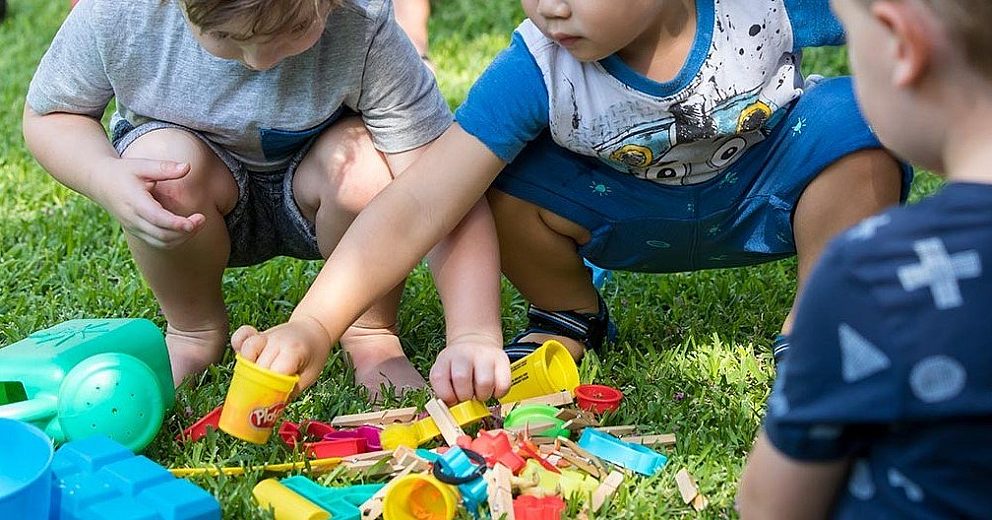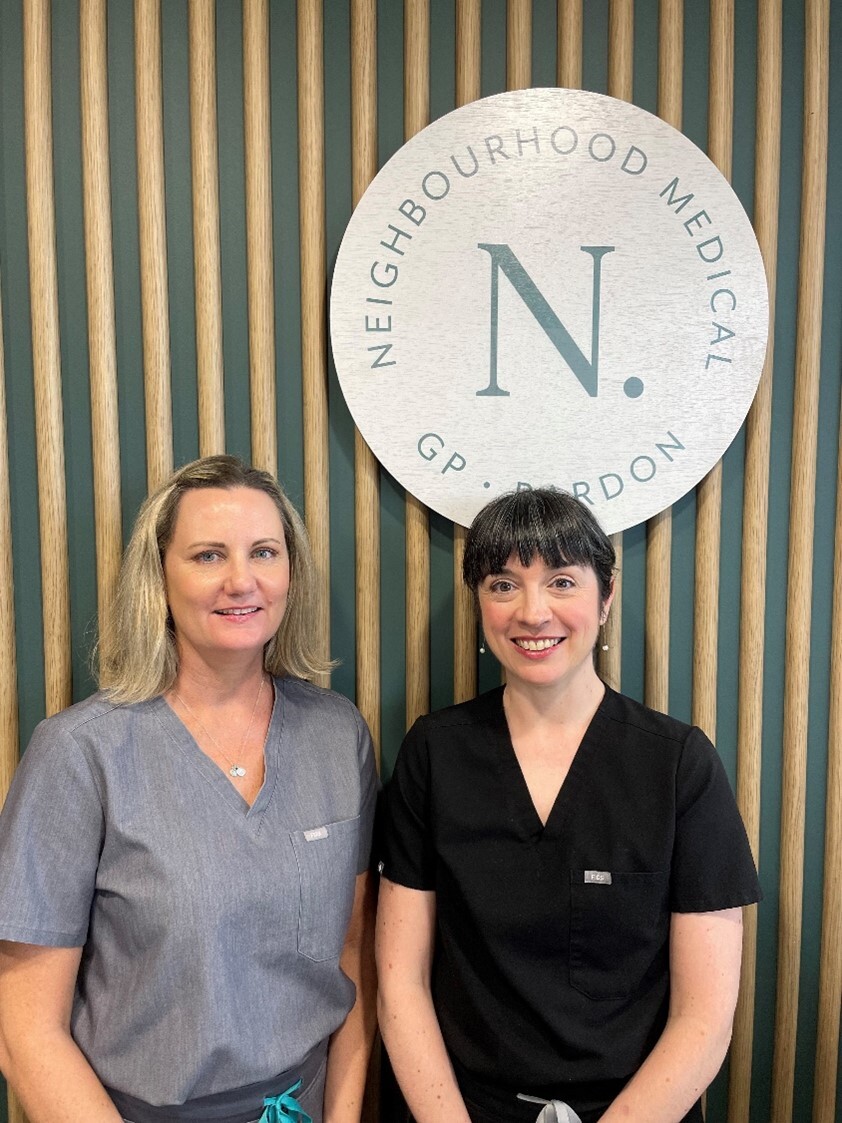
Workshop builds momentum for collaborative child development initiative
Dec 02, 2025
Mar 24, 2023

Women in Queensland have higher rate of endometriosis compared with the national rate.
Two GP clinics in the North Brisbane and Moreton Bay region—including a dedicated Aboriginal and Torres Strait Islander clinic—have been selected to deliver better services for women suffering from endometriosis and pelvic pain, promising better health outcomes.
Endometriosis is a painful, often debilitating and incurable inflammatory condition which affects one in nine (11 per cent) of Australian women up to the age of 45. Sufferers can experience a range of symptoms that impact their daily lives, including severe pelvic pain and struggling to fall pregnant.
Moreton Aboriginal and Torres Strait Islander Community Health Service (MATSICHS) in Morayfield and Slainte Medical Neighbourhood in Bardon have been selected as part of the 2022-23 Commonwealth budget commitment to provide the establishment of targeted Endometriosis and Pelvic Pain GP Clinics in 20 existing primary care settings nationally.
Endometriosis can be difficult to diagnose and that delay between the onset of symptoms and diagnosis averages seven years. These GP clinics will provide more people with access to multi-disciplinary care with a focus on improving diagnostic delay and to promote early access to intervention, care and treatment.
Professor Gita Mishra is the director of Australian Longitudinal Study on Women’s Health at University Queensland, which has been tracking the impact of endometriosis on women in Australia and found higher rates of endometriosis in women in Queensland.
“Using data from the Australian Longitudinal Study on Women’s Health, we found that 17 per cent (or around one in six) women in Queensland have been diagnosed with endometriosis by the time they are in their mid-forties (aged 40-44), compared to 11 per cent with the rest of Australia,” said Prof Mishra.
“Timely diagnosis is important, especially for women planning to start a family. About 40 per cent of women with endometriosis have infertility. In our study, women who weren’t diagnosed until after their fertility treatment did more cycles, used more intra-uterine insemination (IUI) instead of in-vitro fertilisation (IVF), and were less likely to conceive. Having a diagnosis levels the playing field because fertility treatment can be tailored, for example going straight to IVF.”
Funding from Brisbane North PHN will be provided to each of the two clinics over four years commencing this year.
“These clinics are an opportunity for women to talk to health professionals about their concerns, especially as these conditions have been dismissed for so long,” said Prof Mishra.
The aim of the clinics is to improve access for patients to diagnostic, treatment and referral services for endometriosis and pelvic pain, build the primary care workforce to manage this chronic condition and provide improved access to new information and care pathways.
“The PHN is delighted two GP clinics in the region have been chosen to provide this much needed service to ensure women have better health services available close to home,” said Brisbane North PHN acting CEO Paul Martin. “Endometriosis is an over-looked and poorly diagnosed condition. These clinics will support the diagnosis and care for women suffering this condition in our region.”
Funding was awarded with consideration of GP clinics being able to demonstrate existing expertise in women’s health, improving provision of diagnosis, treatment and management of endometriosis and pelvic pain, including capability of the healthcare team, a strong understanding of and links to their local community, and the ability to link to relevant primary and tertiary care services.
“The Institute for Urban Indigenous Health through its MATSICHS Morayfield clinic is delighted to be partnering with the Brisbane North Primary Health Network to further enhance our specialist women’s health services,” said Mr Wayne Ah Boo of the MATSICHS Morayfield clinic. “We look forward to the success of this pilot project and its potential to influence future services regionally as part of the SEQ First Nations Health Equity Strategy.”
“We are delighted to have the opportunity to provide better access to appropriate care for these common and undertreated conditions,” said Dr Sarah McDonnell of Neighbourhood Medical, Bardon. “I look forward to developing this service.”
The clinics will be opening in the coming months.
Pictured: Dr Sarah McDonnell (right) and Registered Nurse Shea Inglis of Neighbourhood Medical, Bardon.

We acknowledge the Traditional Custodians within our region: the Jagera, Turrbal, Gubbi Gubbi, Waka Waka and the Ningy Ningy peoples of where we meet, work and learn. Brisbane North PHN is committed to reconciliation. Our vision for reconciliation is where the stories of our First Nations’ people are heard and shared, and networks are formed.